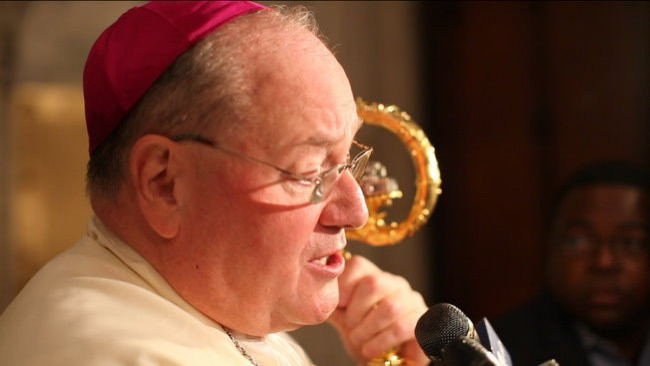Would New York Voters Really Reject Gay Marriage?

Opponents of gay marriage are furious at the attempt of Democrat New York politicians in 2011 to push through a bill that would legalize gay marriage in the state.
One of their biggest outcries has been that Democrat politicians are trying to take this issue out of the voters’ hands by choosing not to go the referendum route.
If legalizing gay marriage were to put the hands of New York voters, Republican and opponents of gay marriage are confident that New Yorkers would reject it.
But wait a minute. Don’t the polls show that more than half of New Yorkers support legalizing gay marriage?
An often cited poll is the Quinnipiac poll, which most recently shows that 58 percent of New Yorkers favor it. However, this poll might not be an accurate predicator for a referendum vote.
Some Republicans allege that the wordings of the polls are biased. However, in the Quinnipiac poll’s case, it wasn’t.
The question, which was worded in a neutral way, asked:
“Would you support or oppose a law that would allow same-sex couples to get married?”
Another issue is that the poll is only based on the responses of a sampling of only 1,257 voters, which is small compared to the actual voting population of New York State.
A third issue is the Bradley effect, which is the discrepancy between polls and actually voting results on issues regarding minorities. In this case, while some of the voters polled don’t want to admit to the poll caller that they’re against gay marriage, they will honestly express their opposition in the anonymity of a voting booth.
A fourth issue is who’d bother to show up to vote (remember, a poll actively seeks out voters’ opinions). Almost all gay voters will certainly do so. But beyond that, no one knows which camp can organize more effectively to get various groups with vested interest in this issue to show up and vote.
For example, it could be that while many New Yorkers support gay marriage on the margin, there is no way they’d actually take the trouble to vote for it in a referendum.
The point is that despite the high reading of 58 percent, that voters would legalize gay marriage in a referendum is far from a foregone conclusion given all factors that could easily tilt the vote the other way.
However, Republicans and opponents of gay marriage shouldn’t express such confidence that New York voters would side with them as the neutrally-worded Quinnipiac poll clearly shows that the majority of responders supported legalizing gay marriage.
© Copyright IBTimes 2025. All rights reserved.





















